South Sudan’s president Salva Kiir dismisses army chief Paul Nang Majok
3 min read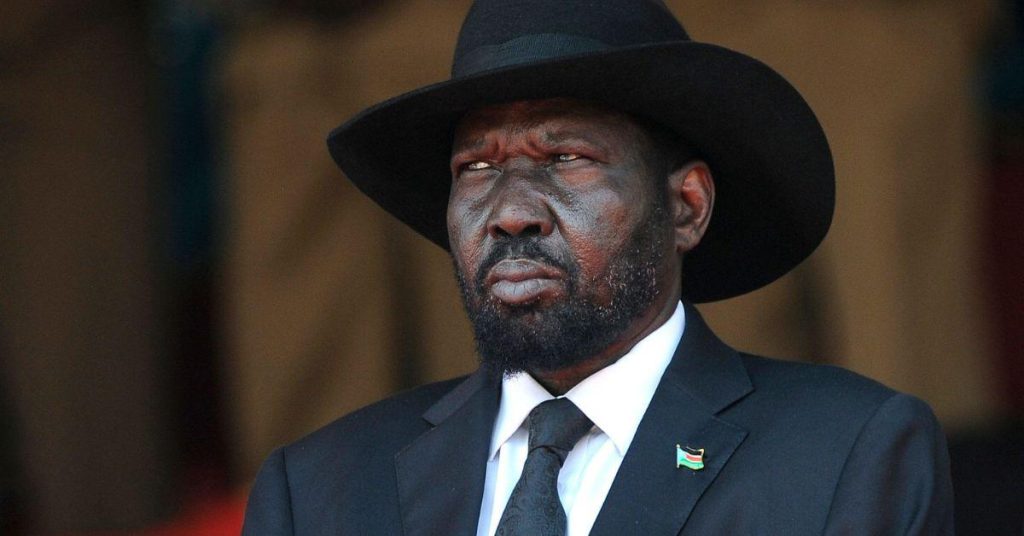
South Sudan's President Salva Kiir removes army chief Paul Nang Majok amid rising clashes with the White Army and political unrest.
South Sudan President Kiir Fires Army Chief Amid Rising Tensions
South Sudanese President Salva Kiir has dismissed the country’s army chief, General Paul Nang Majok, after just seven months in the role, in a surprise shake-up announced Monday night on state radio.
No official explanation was provided for Majok’s sudden removal, in keeping with government tradition, but the move comes at a time of mounting political unrest and ethnic clashes in the fragile East African state.
In Majok’s place, President Kiir has appointed General Dau Aturjong as the new Chief of Defence Forces, according to the brief statement aired on South Sudan Broadcasting Corporation (SSBC).
A Mysterious Exit During a Volatile Period
Majok’s tenure as army chief began in December 2023, during a period of heightened tension between the national army and the White Army—an ethnic Nuer youth militia that has clashed with government forces in the northeastern town of Nasir and other contested areas.
While the presidency has stayed silent on the reason behind the sacking, military spokesperson Lul Ruai Koang told reporters that such decisions are typically made without public justification.
“There is a tradition that when you are appointed or reassigned, no reasons are given for the appointment or for the dismissal. It is standard practice,” Koang explained.
Despite a 2018 peace deal that formally ended South Sudan’s five-year civil war, the country continues to experience episodic violence driven by ethnic rivalries, political tensions, and a power-sharing government still struggling to fully function.
White Army Clashes and Political Turmoil
Majok had been overseeing the army’s efforts to contain repeated outbreaks of violence involving the White Army, a largely autonomous group of Nuer youth fighters. The militia has been accused of destabilizing parts of Upper Nile State, particularly around Nasir, where it seized control earlier this year.
In May, South Sudan’s army claimed it had recaptured Nasir from the White Army, but the security situation in the region remains fragile.
Further complicating the picture is the March house arrest of First Vice President Riek Machar, a key opposition figure and former rebel leader. Machar, who also hails from the Nuer ethnic group, was reportedly detained by the government for “inciting his supporters to revolt” and allegedly plotting to derail national elections.
Government Accuses Machar, Opposition Denies Links
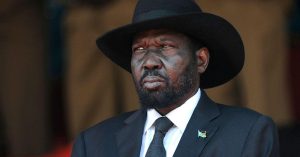
Information Minister Michael Makuei accused Machar of working behind the scenes to undermine the peace process, claiming he had been reaching out to his base to sabotage the government’s stability.
“Machar was inciting his supporters to revolt against the government with the intention of preventing elections and pushing South Sudan back into war,” Makuei said.
However, Machar’s political party strongly denied any links to the White Army or involvement in recent clashes. The party insists that the government’s accusations are politically motivated attempts to silence dissent and neutralize electoral competition.
A Nation at a Crossroads
South Sudan’s future remains uncertain. Although the 2018 peace agreement was meant to stabilize the country and prepare the way for democratic elections, key milestones have been delayed.
The army’s internal shake-up, combined with the unrest in Upper Nile State and the detention of a major political player, has raised fears that the country could slide back into full-blown conflict.
With General Dau Aturjong now at the helm of the military, all eyes are on how he will manage the volatile security landscape and whether his leadership can restore calm ahead of the planned elections in 2025.


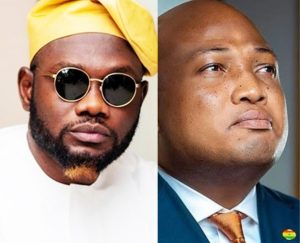
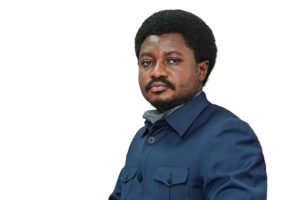
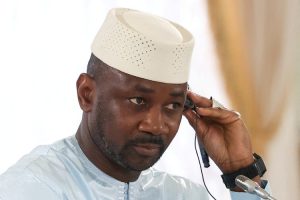
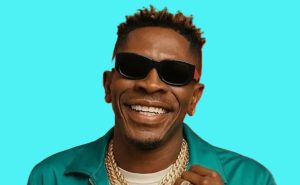
2 thoughts on “South Sudan’s president Salva Kiir dismisses army chief Paul Nang Majok”